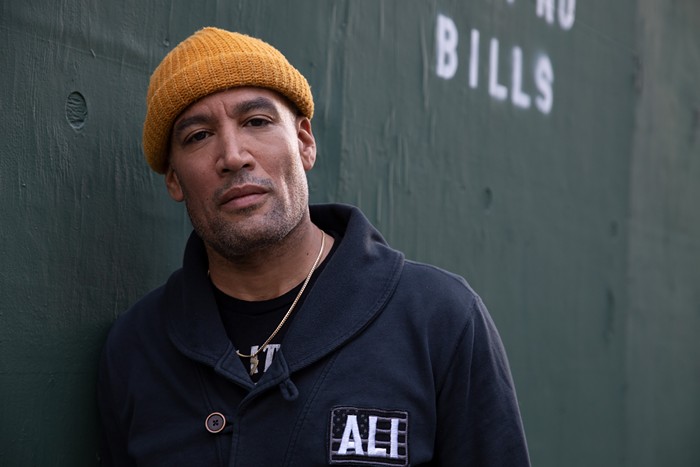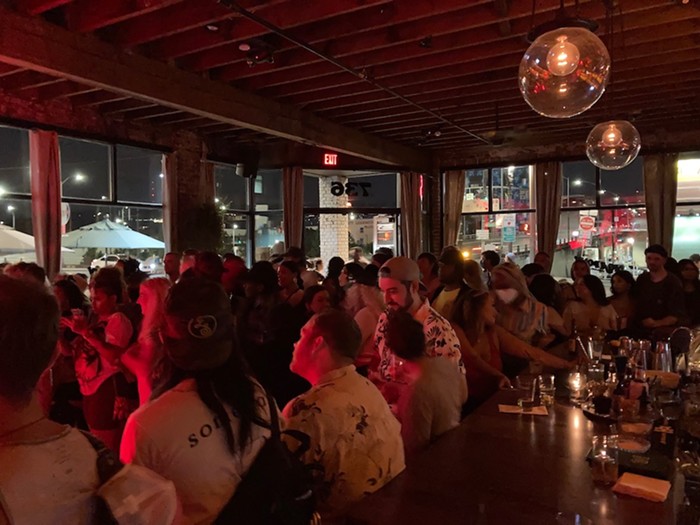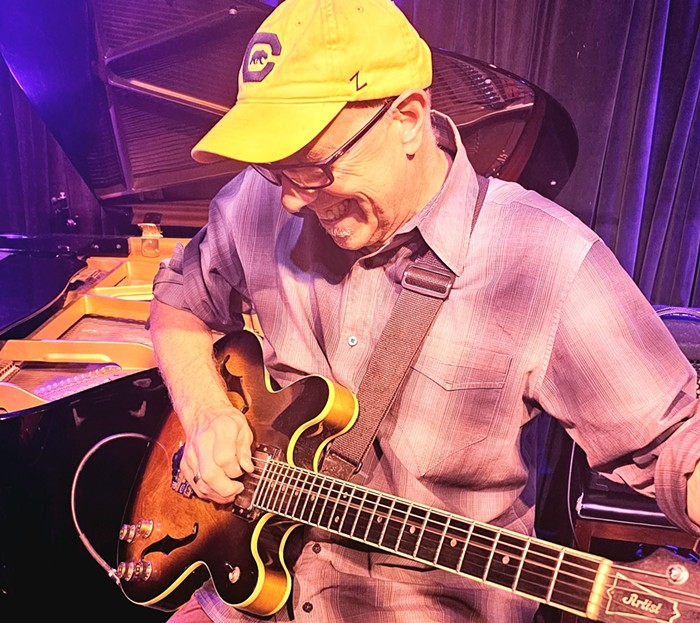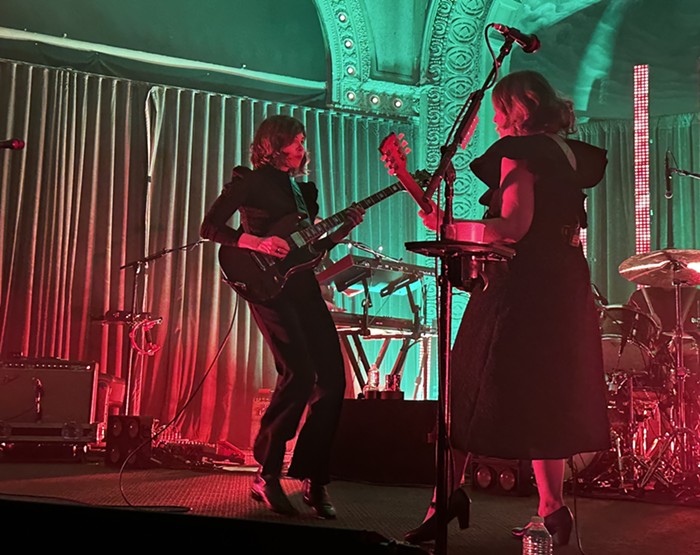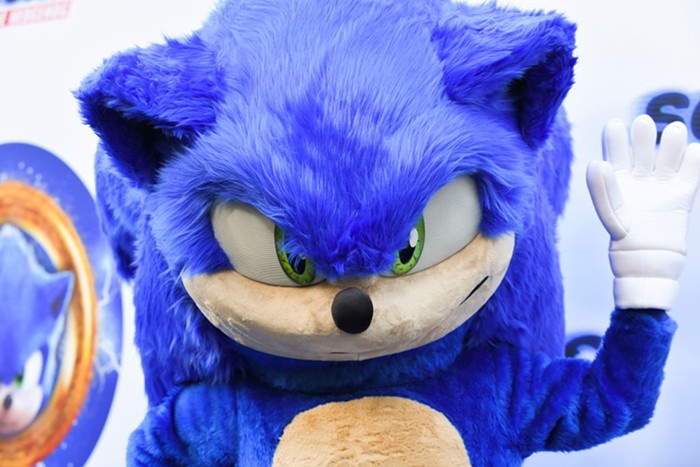I MEET Dewey Mahood and Nick Bindeman—who, along with Nick's brother Jed, form the core trio of Eternal Tapestry—on a Tuesday, the day of the band's weekly practice-slash-recording session. We're all bummed on the June gloom, but the two admit that once summer hits, the temptation to abandon their sessions for the woods or the river becomes great. Although it's perilous to the recording process, this tendency makes sense, as it was originally Oregon's natural beauty that drew them to Portland—and led to the advent of their band, now in its seventh year.
The duo credits the band's longevity to several unique configurations. The band members—currently including Ryan Carlile and Krag Likins—participate in an amalgam of individual musical projects, which allows them to return to Eternal Tapestry ("the mothership" as Mahood calls it) with renewed commitment. "We give it space when we need, and come together with an absence, having evolved on separate paths," Mahood says.
Bindeman states another factor: "We don't write songs." Their recordings are compiled from material gathered each Tuesday, with as much as 10 hours of tape to whittle down into an album. Segments are selected democratically, then mixed to include layers and segues between tracks. The process echoes the band's name, in what Dewey calls "a continuum... pieces go together and overlay."
Bindeman describes their latest creation, Dawn in 2 Dimensions (their second on Chicago imprint Thrill Jockey), as "more representative of the live show, and less boring." As with all of their work, there are intellectual underpinnings to discuss. Bindeman cites inspiration from Robert Anton Wilson—the prolific sci-fi author and onetime Playboy editor—who postulated that human progress was bound to run aground on the West Coast, where the task now is to reinvent humanity in vital ways. Through their relentless experimentation and progression, Eternal Tapestry have embraced Wilson's approach. "He was playful, tongue in cheek, while proposing serious ideas," Bindeman says, and invokes the band's essence by echoing Wilson's adage: "It all ends on the West Coast. It all begins on the West Coast."

